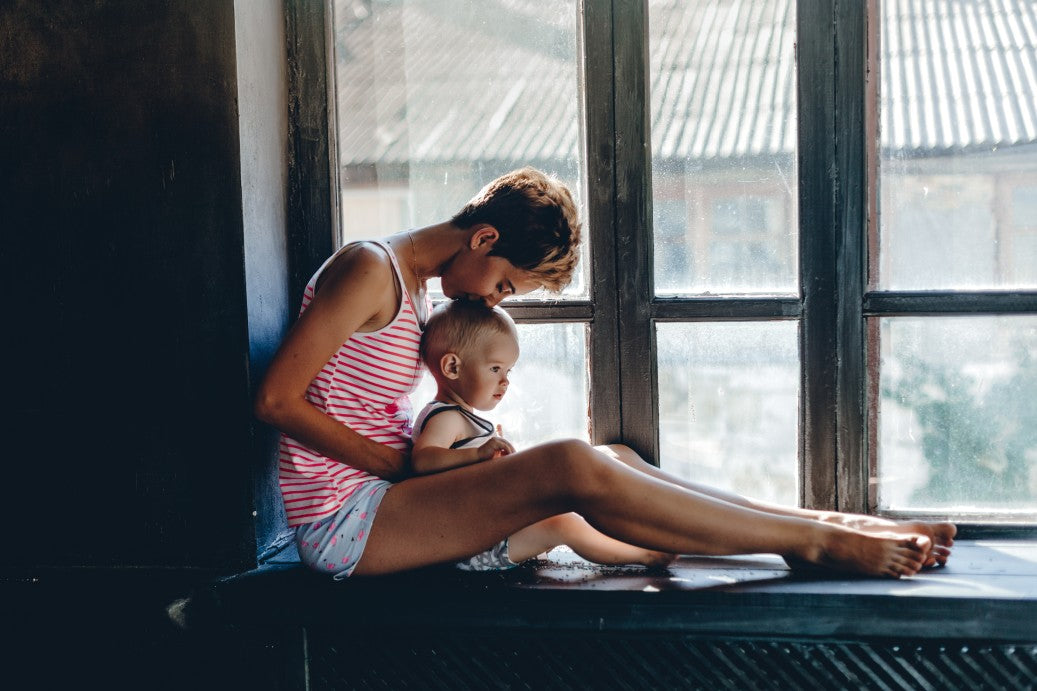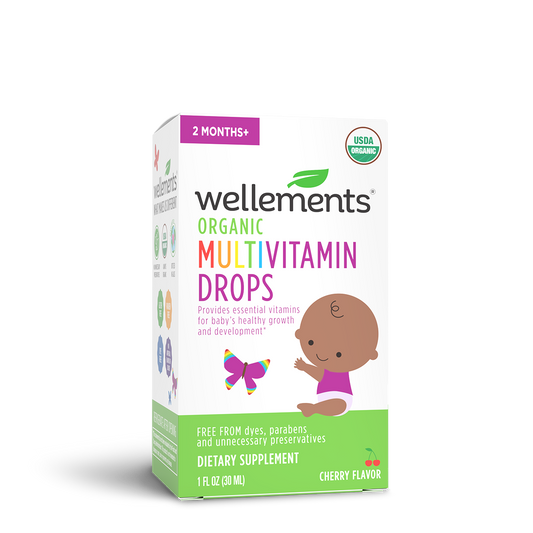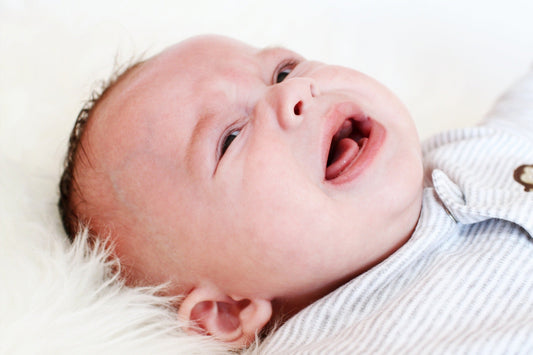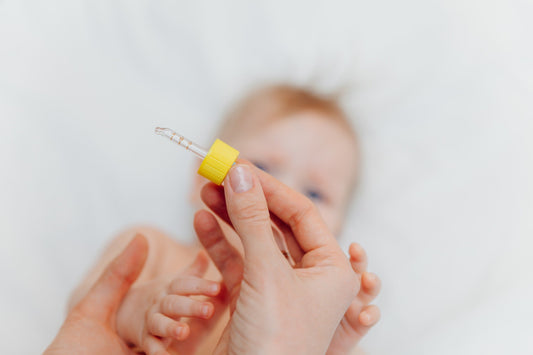Understanding Toddler & Child Stress & Anxiety
| updated:Share

Toddlerhood is a busy time. Although the twos and threes are an exciting time when a child shouldn’t have problems, children do feel the stress around them. Whether it’s real stress in a family going through a divorce or unintentional exposure to a scary movie, understanding stress and anxiety in children can help you help your child deal with stress to deal with the current situation and to build resilience for future stressors. Parents can’t protect their child from all stress, but they can give their children tools to manage stress. Look for organic products for children that help them grow.
How to Tell If Your Toddler or Child May Have Anxiety
Children aren’t going to come to you and tell you that they are feeling anxious. Many times, toddlers don’t know how to communicate stress in a way where you can have a meaningful discussion. Instead, it’s more likely that they will have behavioral or physical issues that indicate anxiety. Look for symptoms:
- Moodiness or aggression
- Fears - fear of the dark or of being alone
- Hoarding food or toys
- Physical symptoms, such as sleep problems, bedwetting or decreased appetite
Every child is different, so you have to look at the totality of symptoms and when they occur. Bedwetting could also indicate other medical problems, such as a UTI, or it could mean that the child isn’t developmentally ready to be dry all night.
Can a Toddler Have Stress & Anxiety?
Toddlers can get stress and anxiety just as any adult can. Changes in a family, a death, divorce or even moving to a new home can be stressful. Toddlers are learning about their world and enjoy routine. Change is stressful, especially for a young one who doesn’t have experience. Potty training can be a stressful time because it is a transition to a new skill. Some toddlers experience stress of separation. Not only do they start to realize that they aren’t attached to their parents, they may start going to classes or day care. World events, like the pandemic, can stress a child. It’s not that they may understand the context of the event, but they certainly react to how the adults in their life are handling change.
How to Help Your Child Deal With Stress
It would be nice if we could put our children in a bubble and protect them from any problems. Since that is not an option, we need to give children ways to deal with their stress. As parents, it can help to simply remain calm and carry on. Make your home a safe and secure place.
Implement a Routine
Routines give children stability. Routines help children maintain control because they know what to expect. Stick to the schedule when kids are stressed. Try not to add changes that disrupt the normal schedule. There will be time to transition to the big bed when life slows down. Go to bed on time. Wake up at the same time each day. Use multivitamin drops for kids as part of your routine.
3.8 /
5.0
(153)
153
total reviews
Multivitamin Drops
Sale price
$14.99
Teach Your Child About Deep Breathing
Deep breathing is a great tool to bring calm. There’s no equipment, so your child can use it anywhere anytime. Deep breathing sends oxygen to your brain, which is also calming. Use the image of a balloon in their belly. Take a deep breath in to expand the balloon. As they breathe out, the balloon deflates.
Help Your Child Describe Their Feelings
Acknowledge your child’s feelings and help them describe what is happening inside of them. By identifying emotions, you help them learn that these emotions will change every day. They aren’t locked into their stress. One good book is ‘Sitting Still Like A Frog’ by Eline Snel.
Use safe products for your child that empower them to be their best.



